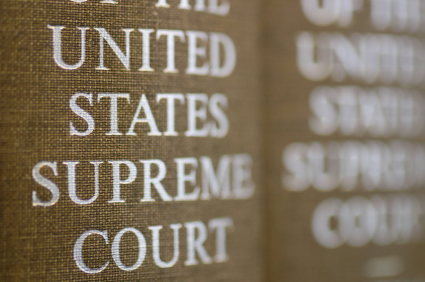
If you are under arrest or stopped by the police, the law provides certain safeguards to govern and protect your encounter with law enforcement. While citizens have civil rights protections that address police misconduct such as false arrests or excessive force, the law also protects the officers making the arrest or the stop. When police conduct an arrest, the officer can use the amount of force necessary to restrain the person. If the person under arrest tries to flee or shows any form of resistance (such as physically struggling with the officer), they could be subject to a resisting charge.
Each state has its own laws for resisting arrest and they can vary quite substantially. In Washington, a resisting arrest charge is a misdemeanor. Although this is a minor charge, circumstances can change which can lead to more serious charges. For instance, if the resistance involves a use of force, the charges can be elevated to an assault in the third (assault on a law enforcement officer). Or if you disarm a police officer during resistance, you could be facing serious felony charges.
Unless there are a number of witnesses, it can be hard to establish exactly what happened during an arrest. However, there are a couple of strategies for defending against charges of resisting arrest. The arrest could be unlawful. Even if you did resist arrest, if the arrest itself was not legal you cannot be convicted of resisting arrest. For example, if you are arrested during or as a result of an illegal search of your home or vehicle, your arrest was unlawful and you cannot be convicted of resisting arrest.
You could potentially argue self defense. If the police are using excessive force or were otherwise engaged in misconduct, you have the right to defend yourself. The key to this defense is that you have to prove that any actions you took were in reaction to police brutality. If you hit a police officer and he or she violently arrests you, you are at fault. However, if you pull away from a police officer who is striking you, unprovoked, you cannot be found guilty of resisting arrest.
It is always possible that the allegations can be false. If you were rude, you swore at the officer or were sarcastic, you might be charged with resisting arrest but your actions don’t actually meet the definition of resisting arrest. This is hard to prove without witnesses.
Finally, if an officer did not appropriately identify him or herself before arresting you, you are not guilty of resisting arrest. If you didn’t know the person attempting to arrest you was a police officer, the law does not consider you at fault even if you did struggle to resist arrest.
If you or a loved one is in a bind as a result of a criminal charge, immediately contact a Seattle Criminal Attorney. A Criminal lawyer is not going to judge you, and understands that everyone makes mistakes. Hiring a Seattle Criminal Lawyer to help can – at a minimum – reduce penalties, and can help direct people on how to best deal with their criminal charge, and many times even get them dismissed. So it should go without saying that someone cited for a misdemeanor or felony should hire a qualified Seattle Criminal Lawyer as soon as possible. Criminal charges can cause havoc on a person’s personal and professional life. Anyone charged with a crime in Washington State should immediately seek the assistance of a seasoned Seattle Criminal Lawyer.


